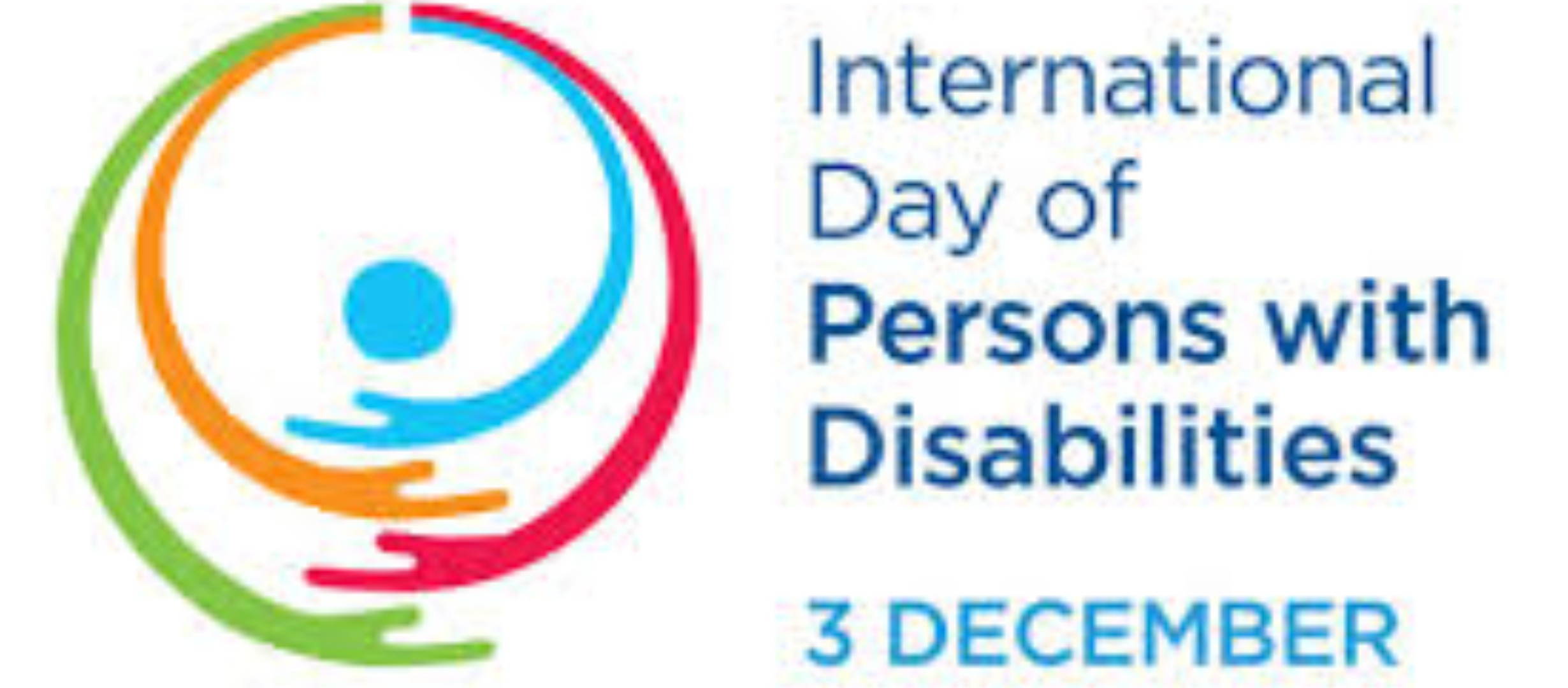International Day for People with Disabilities
Today is International Day of People with Disabilities, a UN sanctioned day which is celebrated every year on 3rd December. The movement’s message is ‘nothing about us without us’.
This year IDPWD is highlighting that ‘not all disabilities are visible.’ So, we have been talking to disabled people and parent carers of disabled children who have conditions or impairments that are not immediately apparent, such as:
• Autism
• Mental illness
• Chronic pain or fatigue
• Sight or hearing impairments
• Diabetes or other lifelong medical conditions
• Brain injuries
• Neurological disorders
• Learning difficulties
• Cognitive impairments.
As you can see, there are a wide range of conditions and impairments that you may not be aware someone has because they’re not visible.
According to the World Health Organisation’s Report on Disability, disabled people make up 15 percent of the world’s population. Many disabled people face barriers when visiting a new place or taking part in an activity, and those whose impairment isn’t visible can find that their specific requirements aren’t recognised or accepted because they ‘don’t look disabled.’
We asked disabled people and parent carers how organisations, venues and groups can be more welcoming of people with hidden impairments. What information is useful to have beforehand? What facilities, services or reasonable adjustments help you or your child to feel safe, welcome, and able to take part?
Many of the people we spoke to said that information about parking, toilets, walking distance and seating is useful; Sam called it “The removal of assumptions.” She felt that organisations often assume that we know or will work out the details, rather than making them easy for us to find. Many people agreed that knowing how and where they can get support if they need it makes the difference between deciding to visit or not.
“Without answers my head swims with all the possible outcomes which ramps up the anxiety before I’ve even set foot through the door,” she explained.
So, how can organisations help with this?
Fran’s best experiences have been with helpful staff who give clear verbal instructions and explain where to go instead of just pointing ‘over there.’
“It’s helpful when the event organiser regularly puts out a link to their accessibility page on Facebook, Twitter or email,” one person told us. “It means we can email about passes and adjustments.
“Queuing was difficult, with people often preferring entry time slots instead.”
I always appreciate places that put a few chairs in a queue as I can’t stand for long,” one person commented.
Other people also wished there were more seats around venues for this reason and some went as far as to say that the disability logo should be changed to reflect that not all impairments are visible.
Faye commented on her need to feel included without having to ask for it.
“If I go somewhere that is already set up with a hearing loop that I can discreetly connect my hearing aids to, this makes me feel included, without needing to disclose my hearing loss,” she said. “If I see the ‘hearing loop’ symbol, it gives me some reassurance that deaf people have been considered when designing the building or planning the event.”
Some of the people we spoke to talked about how useful it was to have good lighting, a quiet space away from busy areas, and one raised the benefit of having both audio and visual announcements. Autism friendly hours weren’t always the answer, particularly when they took place at times that wouldn’t generally suit people, rather than those that were sensible for customers. Even during these times, venues did not turn off music and other loud sounds like tannoys and hairdryers.
“Sometimes it feels as if the autism hours are just a label but there are still lots of triggers there,” one person told us. “I would love it if places actually learnt all about it.”
A parent added:”Definitely some of my most stressful parenting moments come not from the meltdowns or overwhelmed and heightened behaviour, but the reaction of people (particularly in shops) when out. I often feel so judged for doing my best with difficult situations, it makes me want to cry.”
I asked her for ideas on what organisations and groups can do differently.
“I don’t know how we widen empathy and knowledge on this aspect of hidden disabilities like autism,” she said. “Generally, calmness, humour and empathy help.”
On the You’re Welcome site, we work with organisations to improve their inclusive practice. We support staff in being helpful, providing information in advance, and to develop empathy with those who visit them. You can use the You’re Welcome site to search for activities in the county by specific requirements, making it possible to check that a venue has a hearing loop, quiet space, or other accessibility features before visiting. Please do let us know if you have a particularly good or not so good experience when visiting a new place. The YW team are always here to talk things through.
